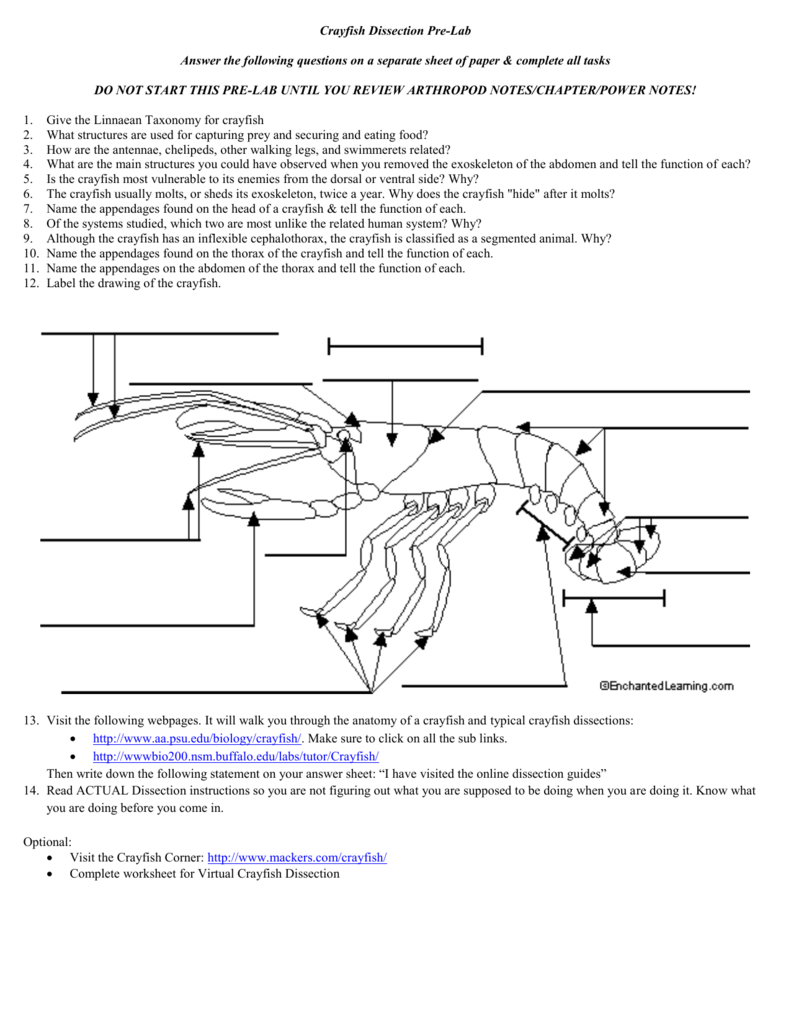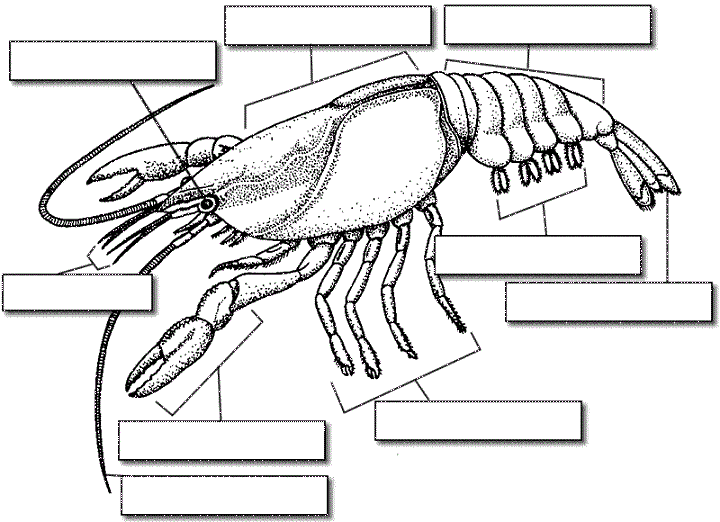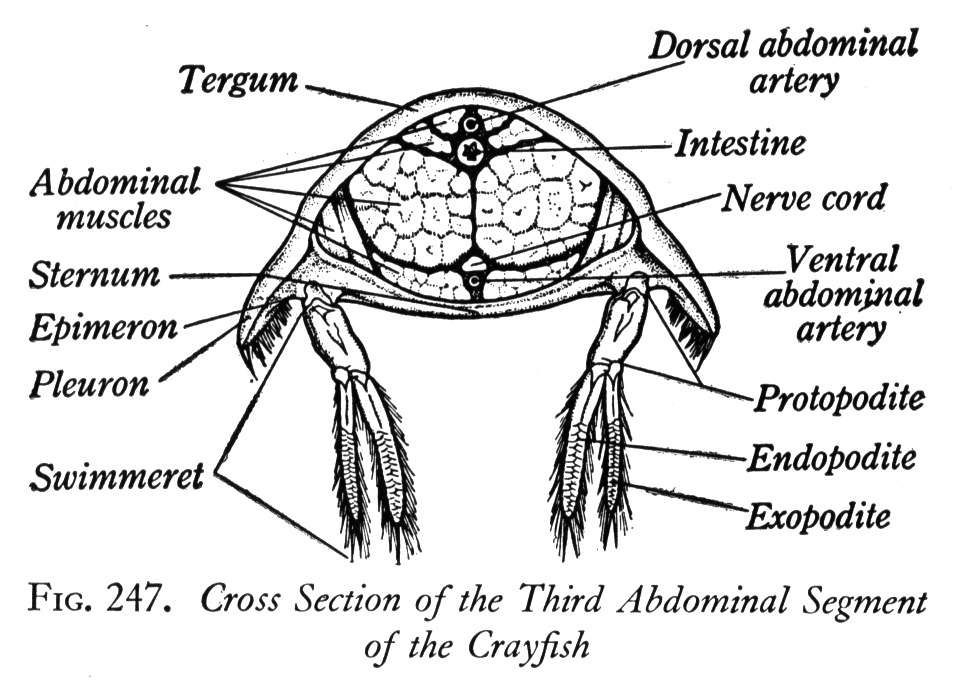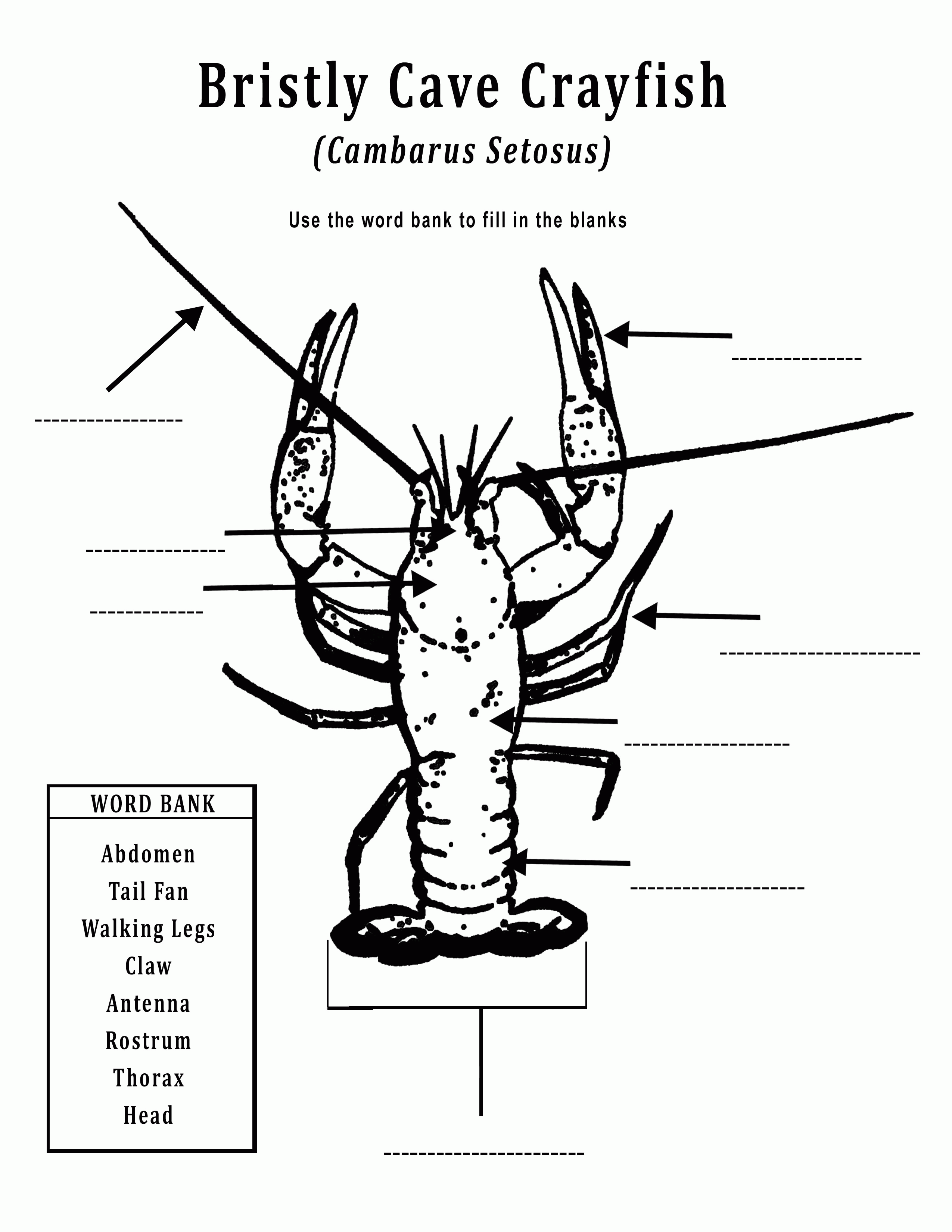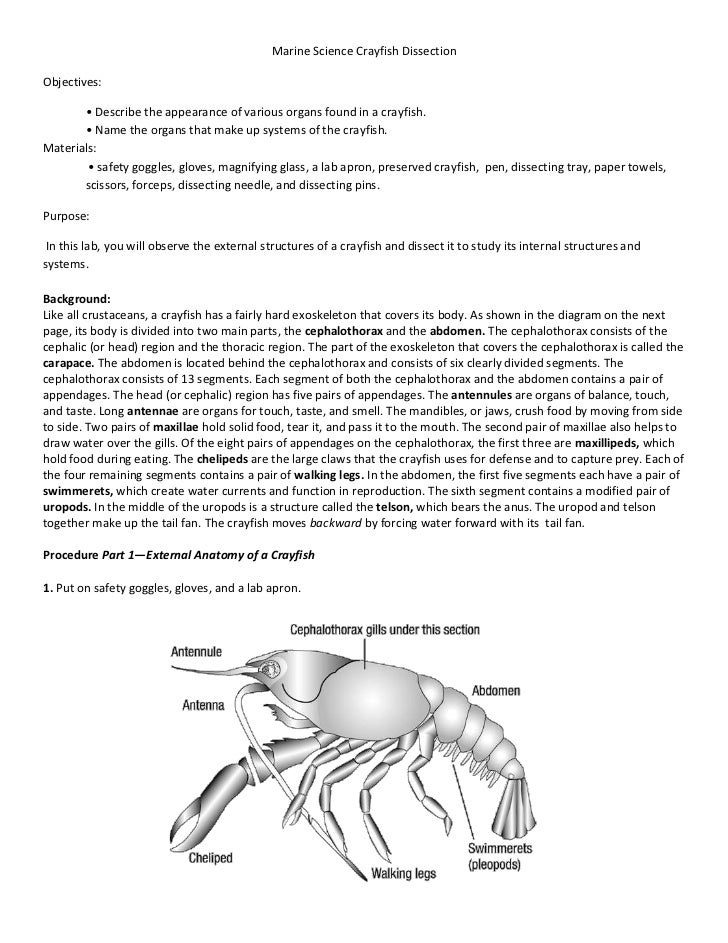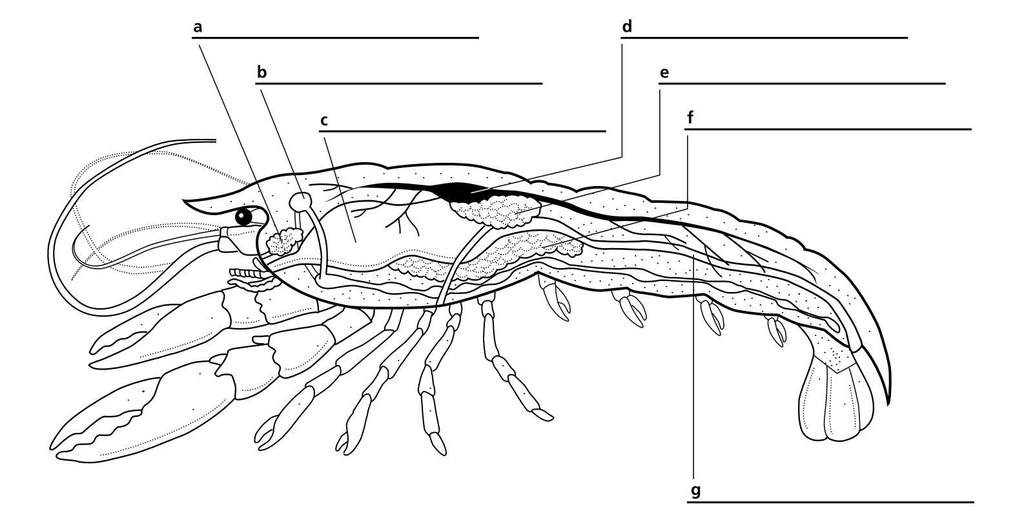Crayfish Dissection Worksheet - Place a crayfish dorsal side up in a dissection tray. • name the organs that make up systems of the. In this lab, you will observe the external structures of a crayfish and dissect it to study its internal structures and systems. • describe the appearance of various organs found in a crayfish. Use the diagram below to. In this lab, you will observe the external structures of a crayfish and dissect the crayfish to study its internal structures and systems. What structures are used for capturing prey and securing and eating food? How are the antennae, chelipeds, other walking legs, and.
In this lab, you will observe the external structures of a crayfish and dissect it to study its internal structures and systems. What structures are used for capturing prey and securing and eating food? Use the diagram below to. How are the antennae, chelipeds, other walking legs, and. In this lab, you will observe the external structures of a crayfish and dissect the crayfish to study its internal structures and systems. Place a crayfish dorsal side up in a dissection tray. • describe the appearance of various organs found in a crayfish. • name the organs that make up systems of the.
• name the organs that make up systems of the. • describe the appearance of various organs found in a crayfish. Place a crayfish dorsal side up in a dissection tray. What structures are used for capturing prey and securing and eating food? How are the antennae, chelipeds, other walking legs, and. In this lab, you will observe the external structures of a crayfish and dissect it to study its internal structures and systems. In this lab, you will observe the external structures of a crayfish and dissect the crayfish to study its internal structures and systems. Use the diagram below to.
Dissection Of Crayfish Worksheet
• name the organs that make up systems of the. What structures are used for capturing prey and securing and eating food? Place a crayfish dorsal side up in a dissection tray. Use the diagram below to. How are the antennae, chelipeds, other walking legs, and.
Crayfish External Anatomy
In this lab, you will observe the external structures of a crayfish and dissect it to study its internal structures and systems. How are the antennae, chelipeds, other walking legs, and. Use the diagram below to. What structures are used for capturing prey and securing and eating food? Place a crayfish dorsal side up in a dissection tray.
Anatomical Structures Of A Crayfish Diagram Labeled Image De
In this lab, you will observe the external structures of a crayfish and dissect it to study its internal structures and systems. • describe the appearance of various organs found in a crayfish. In this lab, you will observe the external structures of a crayfish and dissect the crayfish to study its internal structures and systems. Place a crayfish dorsal.
Crayfish Anatomy Worksheet Anatomy Worksheets
In this lab, you will observe the external structures of a crayfish and dissect the crayfish to study its internal structures and systems. In this lab, you will observe the external structures of a crayfish and dissect it to study its internal structures and systems. How are the antennae, chelipeds, other walking legs, and. What structures are used for capturing.
Crayfish Dissection.docx Name s Date Class Period Crayfish
Place a crayfish dorsal side up in a dissection tray. In this lab, you will observe the external structures of a crayfish and dissect it to study its internal structures and systems. Use the diagram below to. How are the antennae, chelipeds, other walking legs, and. • name the organs that make up systems of the.
Crayfish Biology Diagram Dissection Life Anatomy Cycle Science Fish
In this lab, you will observe the external structures of a crayfish and dissect it to study its internal structures and systems. • name the organs that make up systems of the. What structures are used for capturing prey and securing and eating food? How are the antennae, chelipeds, other walking legs, and. In this lab, you will observe the.
Dissection 101 Crayfish Dissection Lesson Plan PBS LearningMedia
In this lab, you will observe the external structures of a crayfish and dissect the crayfish to study its internal structures and systems. • name the organs that make up systems of the. Place a crayfish dorsal side up in a dissection tray. • describe the appearance of various organs found in a crayfish. What structures are used for capturing.
crayfish dissection Worksheets Library
In this lab, you will observe the external structures of a crayfish and dissect the crayfish to study its internal structures and systems. • describe the appearance of various organs found in a crayfish. In this lab, you will observe the external structures of a crayfish and dissect it to study its internal structures and systems. • name the organs.
Dissection Of Crayfish Worksheets
In this lab, you will observe the external structures of a crayfish and dissect it to study its internal structures and systems. In this lab, you will observe the external structures of a crayfish and dissect the crayfish to study its internal structures and systems. • describe the appearance of various organs found in a crayfish. • name the organs.
Crayfish Anatomy Worksheet Anatomy Worksheets
Use the diagram below to. What structures are used for capturing prey and securing and eating food? • describe the appearance of various organs found in a crayfish. Place a crayfish dorsal side up in a dissection tray. In this lab, you will observe the external structures of a crayfish and dissect the crayfish to study its internal structures and.
Place A Crayfish Dorsal Side Up In A Dissection Tray.
• describe the appearance of various organs found in a crayfish. • name the organs that make up systems of the. In this lab, you will observe the external structures of a crayfish and dissect the crayfish to study its internal structures and systems. How are the antennae, chelipeds, other walking legs, and.
What Structures Are Used For Capturing Prey And Securing And Eating Food?
Use the diagram below to. In this lab, you will observe the external structures of a crayfish and dissect it to study its internal structures and systems.
